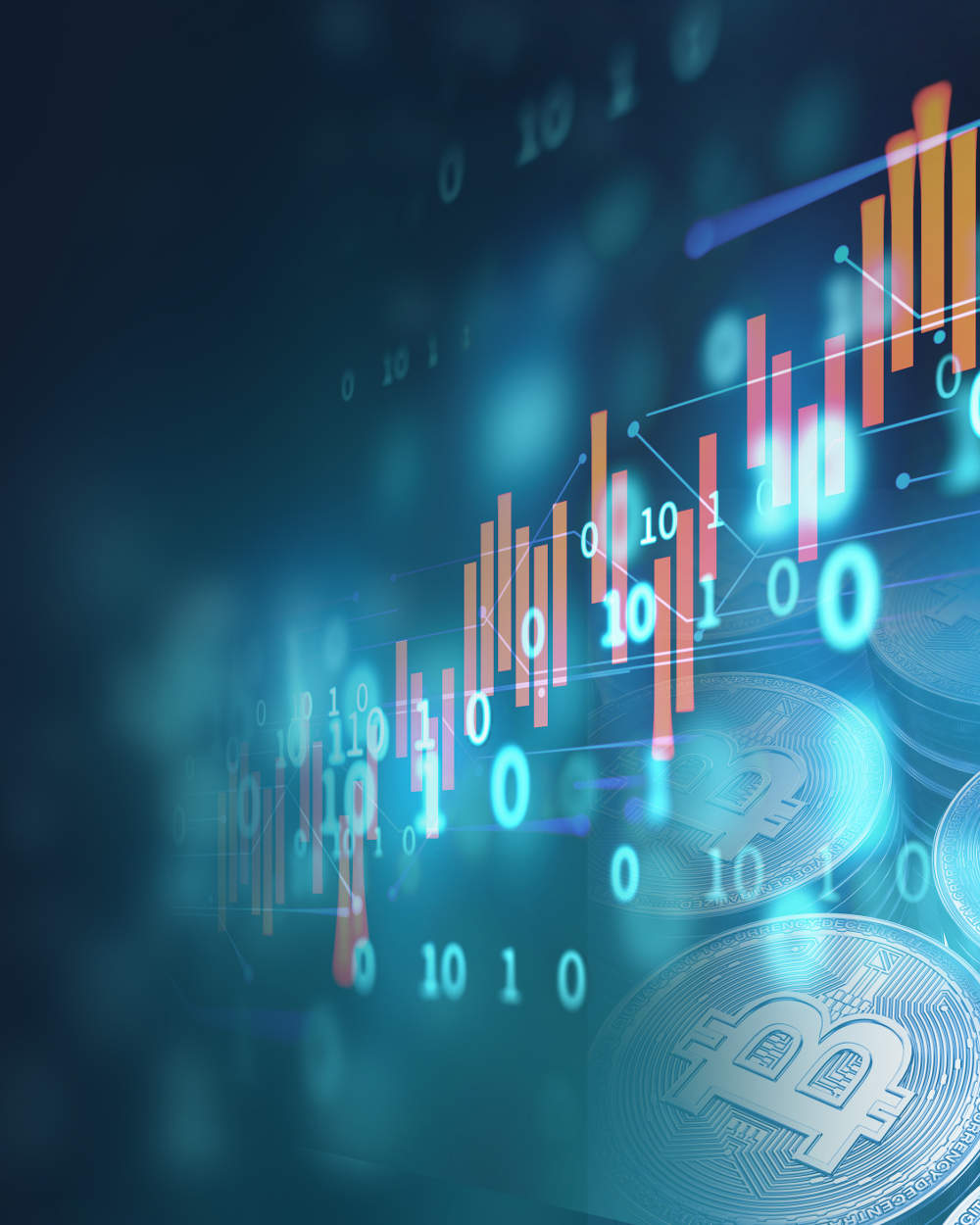In-game services, such as the rental of virtual land, are not subject to VAT. The sale of the tokens received for this service can, however, lead to a service that is subject to
VAT. This was the conclusion reached by the 5th Senate of the Federal Fiscal Court (BFH) in its ruling of 18 November 2021 (Ref. V R 38/19), which was recently published.
The highly abbreviated facts on which the judgment was based:
The taxpayer (plaintiff) acquired virtual properties through the Second Life Market Place as part of his business activities and rented them within the Second Life environment in exchange for Linden dollars from 2013 through 2016. The taxpayer then exchanged or sold the Linden dollars received via the Second Life platform and had US dollars credited and paid out in return.
The BFH ruled on two main issues in particular:
1. Can the in-game “leasing” of virtual land constitute a VAT-relevant supply by an entrepreneur?
Decision of the BFH: No.
Contrary to the previous-instance decision of the Cologne Fiscal Court (ruling of 13 August 2019 – 8 K 1565/18), the “in-game “rental” of virtual land in an online game” does not constitute a service subject to VAT within the meaning of Section 1 (1) sentence 1 UStG. In such a rental, the BFH sees “pure gaming benefits” for the lessee, which, however, do not – as required by VAT law – lead to consumption. Also, ingame turnovers, which are limited to shaping the gaming experience in the interaction with other game participants, are generally not supposed to constitute participation in real economic life.
2. Can the sale of Linden dollars for U.S. dollars constitute a supply subject to sales tax?
Decision of the BFH: Yes.
According to the findings in the court proceedings, the Linden Dollars are a limited licence right in the form of a virtual token which makes certain contents, applications, services and user-developed functions accessible to the user within the virtual world of Second Life. The transfer of the Linden Dollars (in exchange for US Dollars) against payment therefore takes place by way of assignment of a contractual right, which leads to a VAT-relevant “other performance” within the meaning of § 1 para. 1 no. 1 UStG. In particular, the transfer of Linden Dollars – unlike the in-game leasing of virtual land – takes place in a real market, whereby the transferor provides the transferee of the Linden Dollars with a consumable benefit relevant for VAT purposes.
This ruling is groundbreaking for any in-game or in-app item trades that are processed via a gaming platform. In these cases, even entrepreneurial item traders are generally not likely to provide services that are subject to VAT. In its ruling, the BFH also goes into more detail on the role of a central platform that maintains an exchange for the exchange of FIAT(credits) and virtual currencies. By managing or mediating the buy and sell orders placed by the users, such a platform acts as a commission agent within the meaning of Section 3(11) UStG, as in this case the platform acts vis-à-vis the buyers and sellers in its own name, as buyer and seller do not come into direct contact, but on behalf of the respective other party. This result is likely to be of fundamental relevance for a centralized exchange (CEX) if it operates its business in Germany and thus in the domestic market. These cases are becoming more frequent, not least due to regulatory requirements.
The BFH ruling of 18 November 2021 (Ref. V R 38/19) is available at the following link:
https://www.bundesfinanzhof.de/de/entscheidung/entscheidungen-online/detail/STRE202210041/

